 Bradford Plumbers
Bradford Plumbers
 Bradford Plumbers
Bradford Plumbers
Rainwater Harvesting Systems is an environmentally focused plumbing service that involves the installation and design of systems to collect, store, and reuse rainwater for non-drinking uses. These systems typically include filtration components, tanks, and collection areas, enabling sustainable water use in irrigation, flushing, and cleaning. Properly implemented systems lower utility costs and promote water conservation
We provide top-quality Plumbing services throughout Darke County. Whether you need help with Rainwater Harvesting Systems or other issues, our Pros is ready.
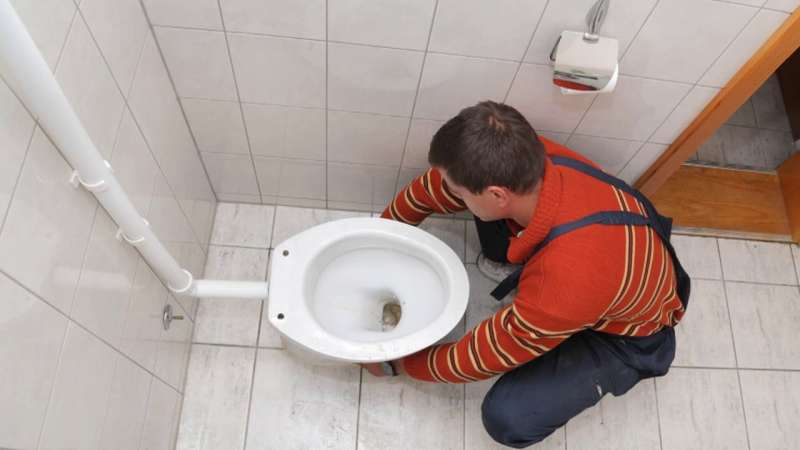
Setting up dishwashers, hot water heater (tank and tankless), waste disposal unit, and washing machines.
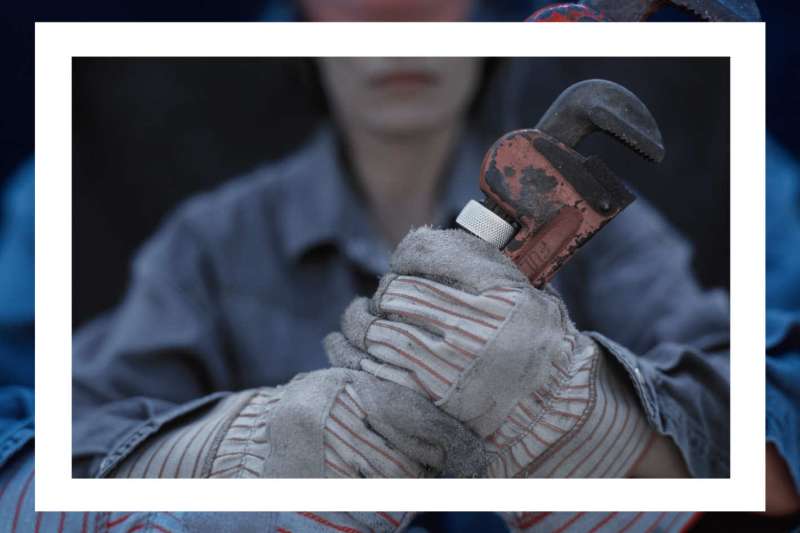
Ensuring backflow prevention devices are working properly.
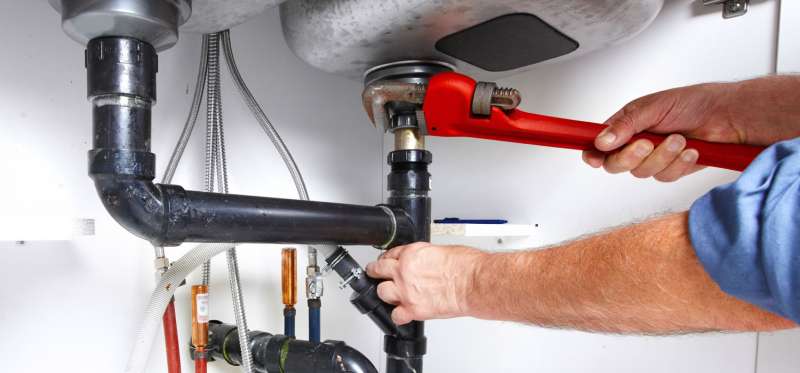
Moving or updating plumbing systems.
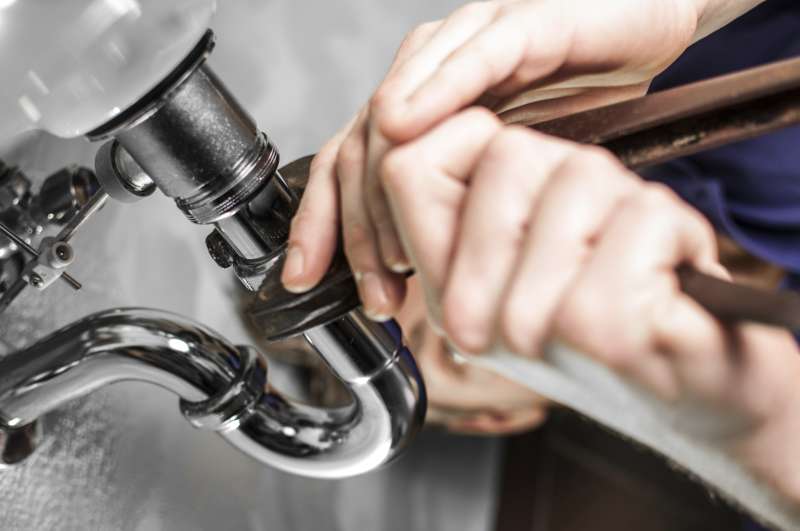
Ensuring plumbing systems satisfy local policies.
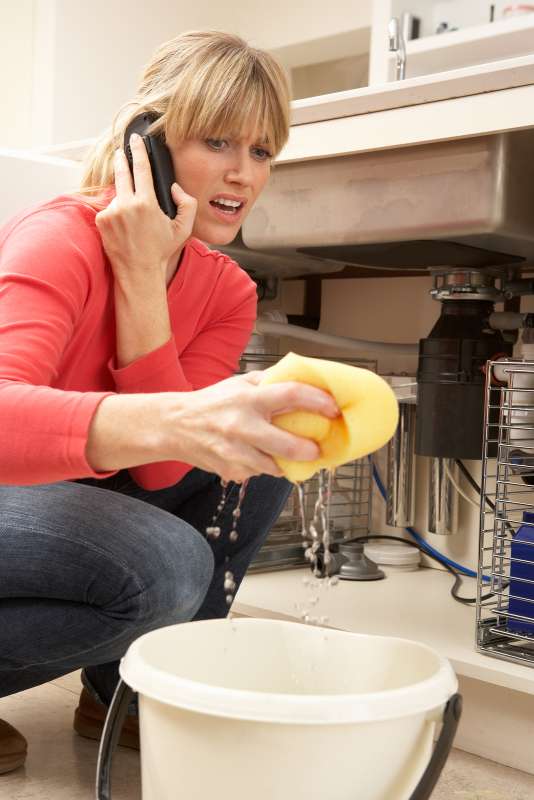
Immediate reaction to prevent flooding and water damage.

Cleaning obstructions in sinks, toilets, showers, and sewer lines.
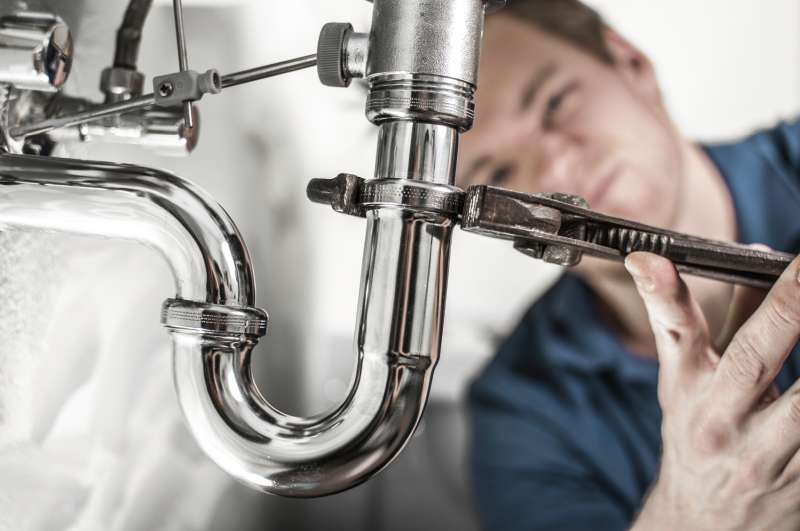
Routine cleansing to prevent obstructions and maintain flow.
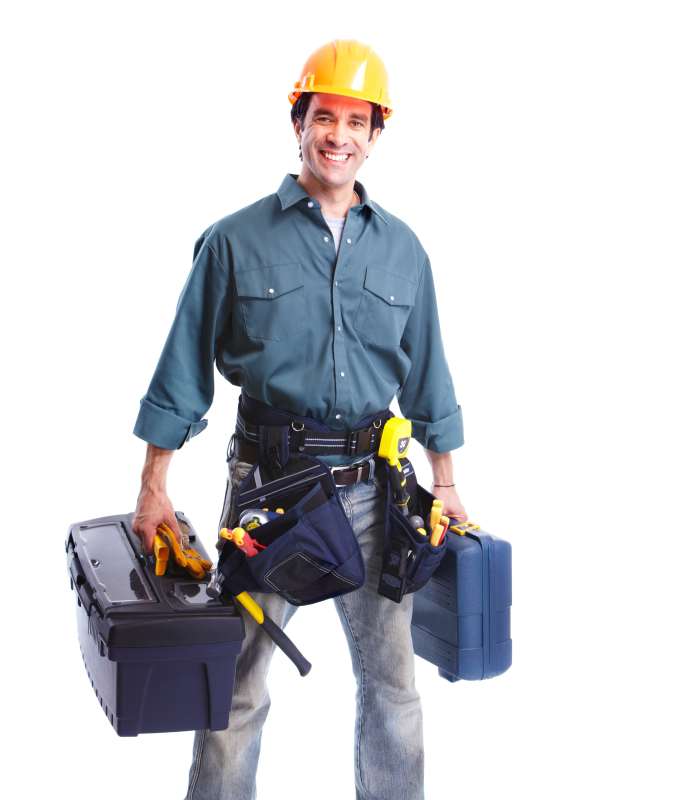
Repairing malfunctioning faucets, toilets, and other components.
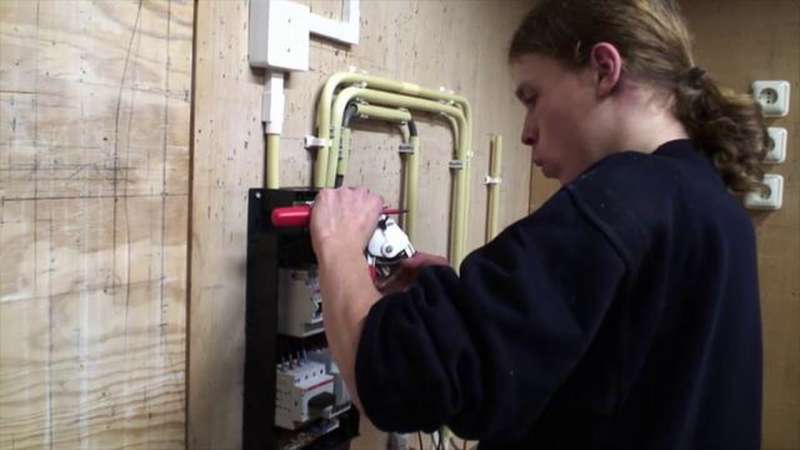
Installation of sinks, faucets, toilets, bathtubs, and showers.
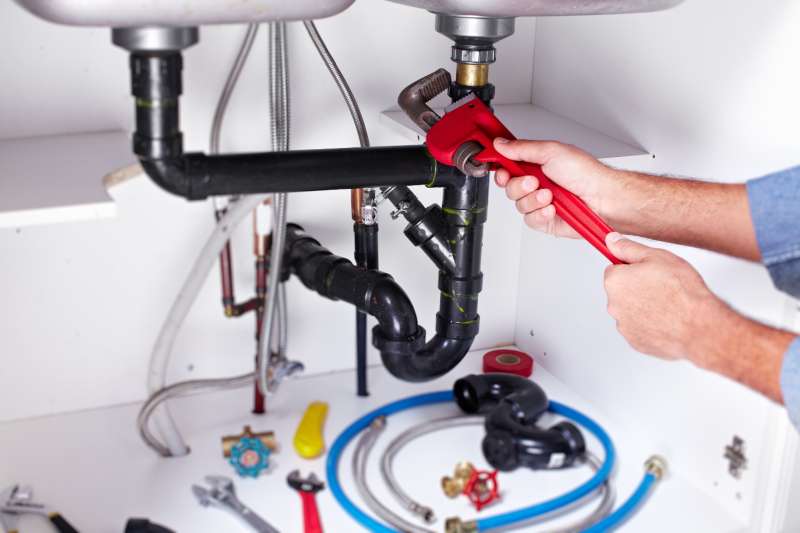
Emergency detection and repair to prevent risks.
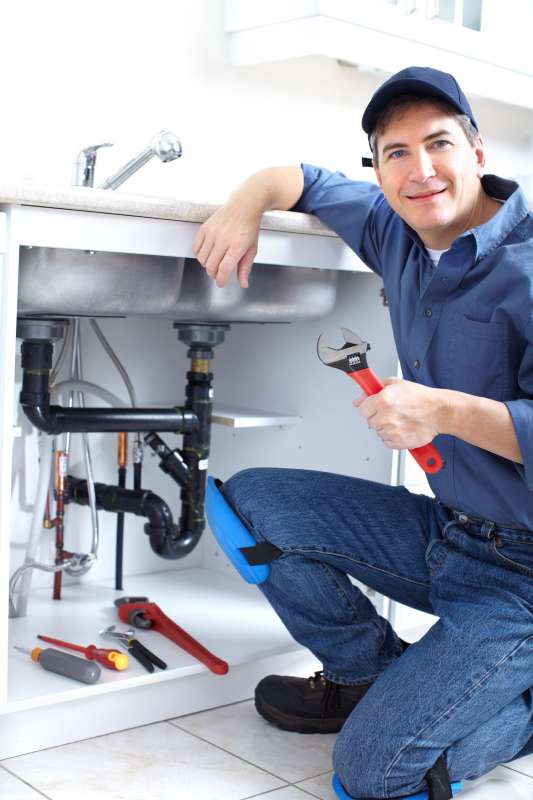
Fixing gas leaks and ensuring appropriate gas line functioning.
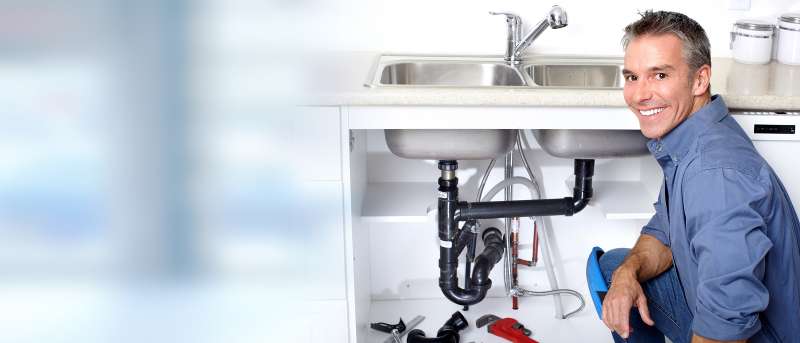
Setting up systems for recycling household wastewater.
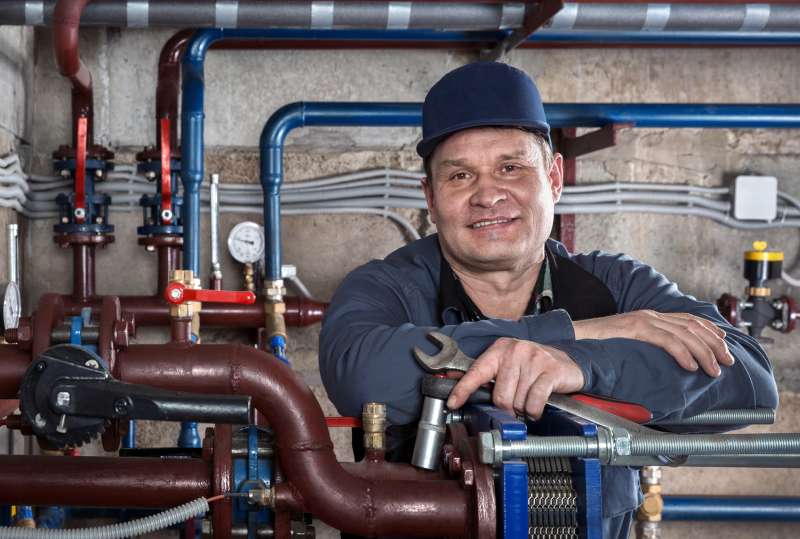
Setting up and maintaining glowing flooring heating unit.
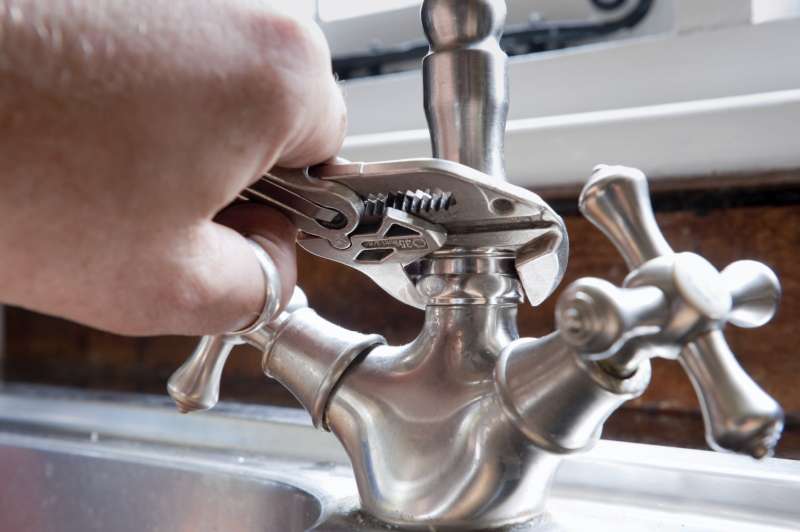
Specialized piping for factories or commercial settings.
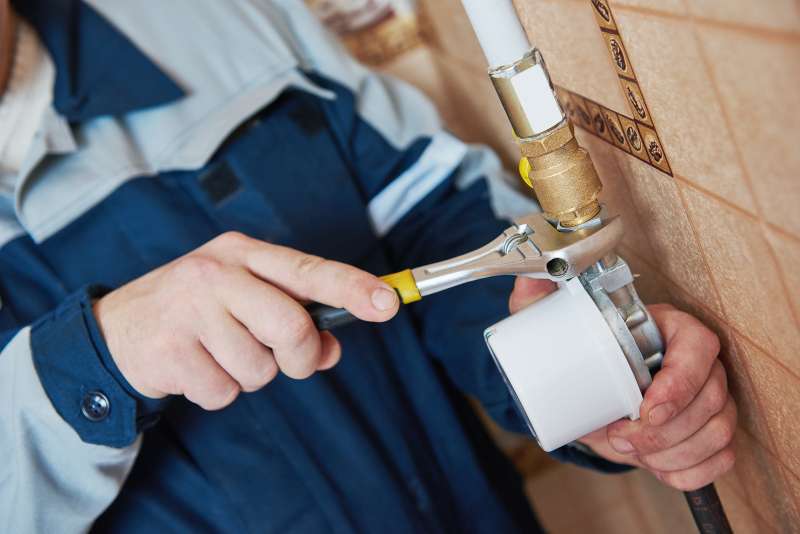
Setting up and maintaining outside irrigation.
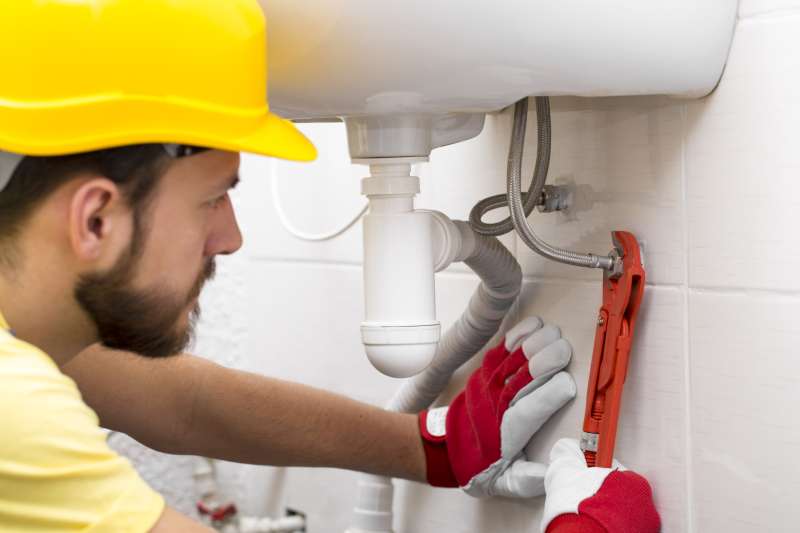
Plumbing systems for brand-new buildings or remodellings.
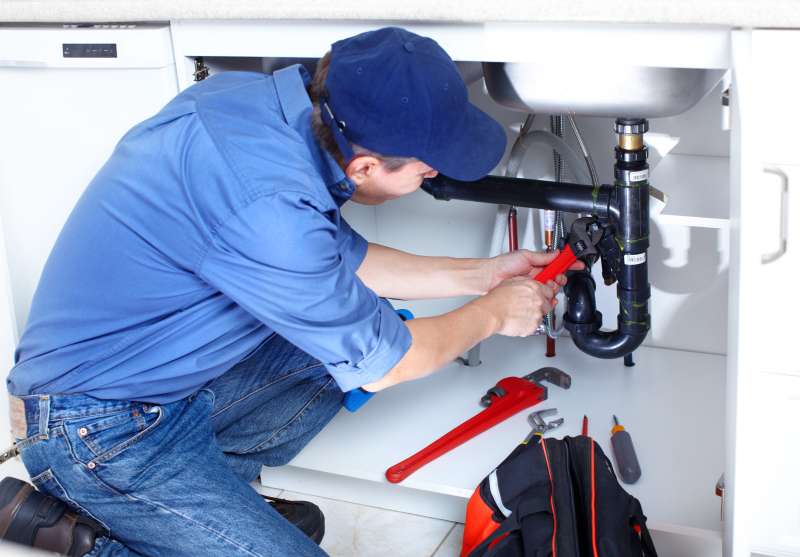
Repairing leakages in pipelines, faucets, toilets, and appliances.
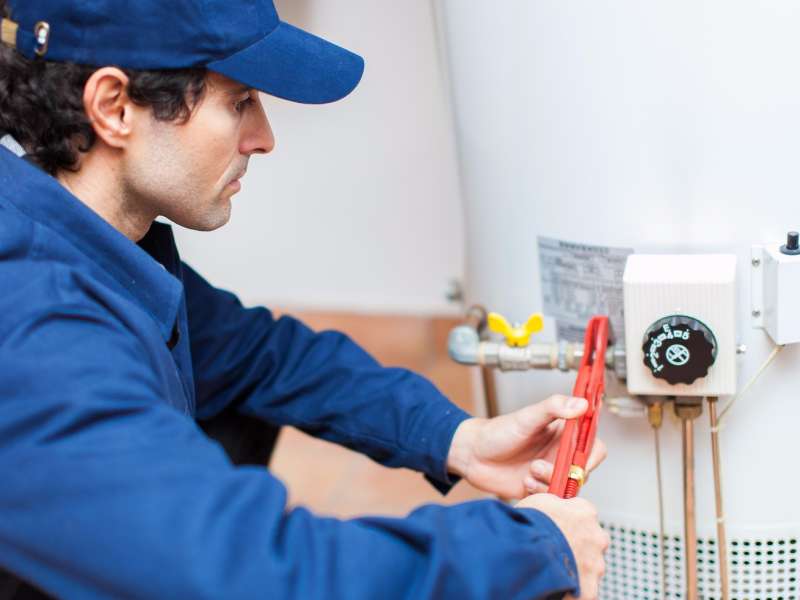
Quick resolution of severe clogs and overflows.
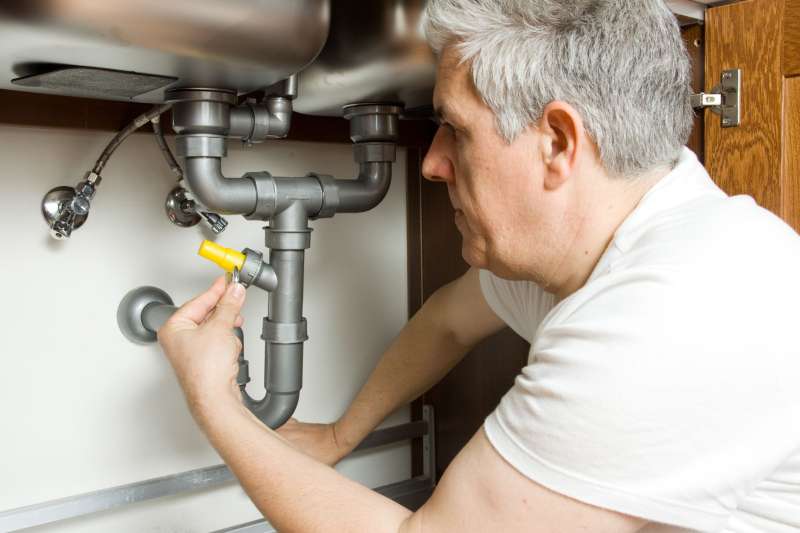
Using cameras to inspect pipelines for damage or obstructions.
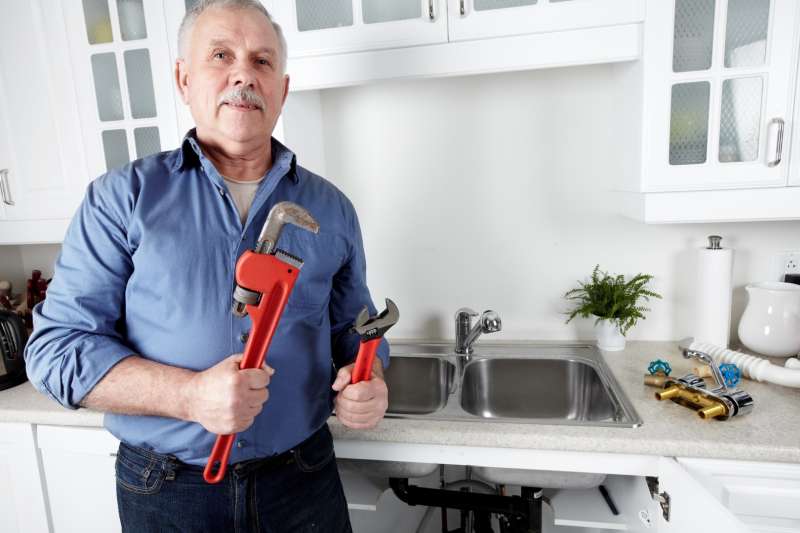
Repairing or replacing burst, worn away, or harmed pipelines.
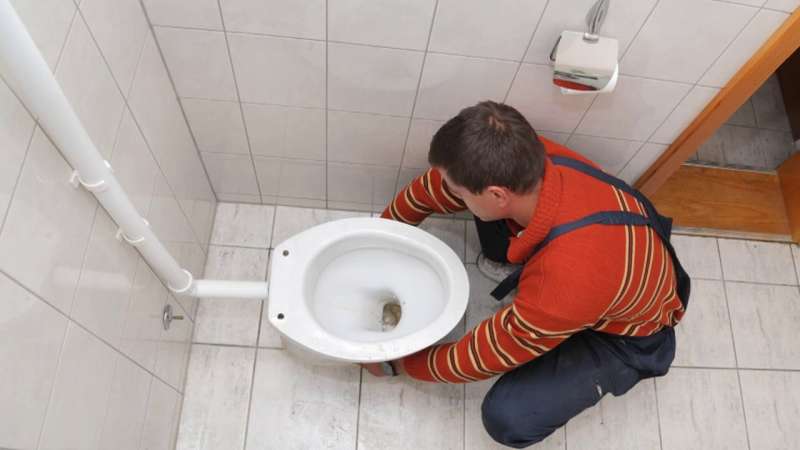
Setting up new piping systems for water, gas, and drain.
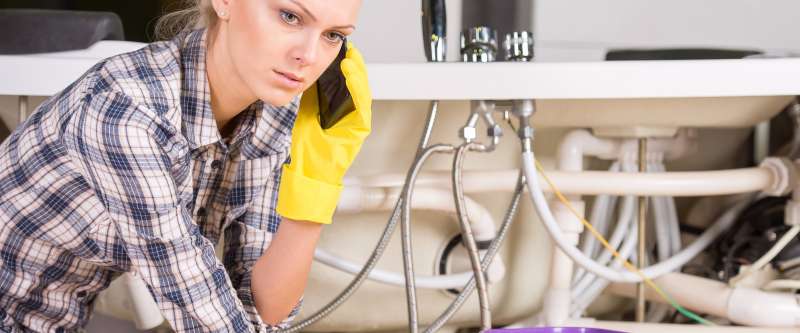
Evaluating plumbing systems before purchasing residential or commercial property.
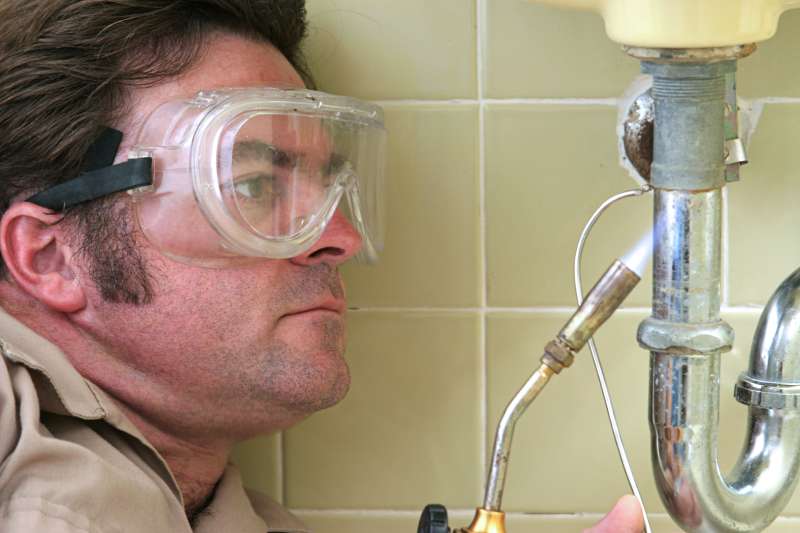
Installing systems to collect and make use of rainwater.
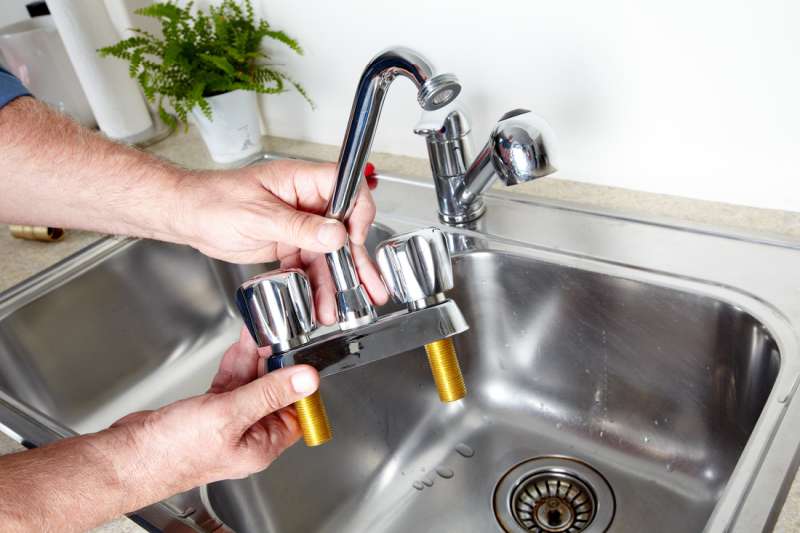
Continuous maintenance services for companies.
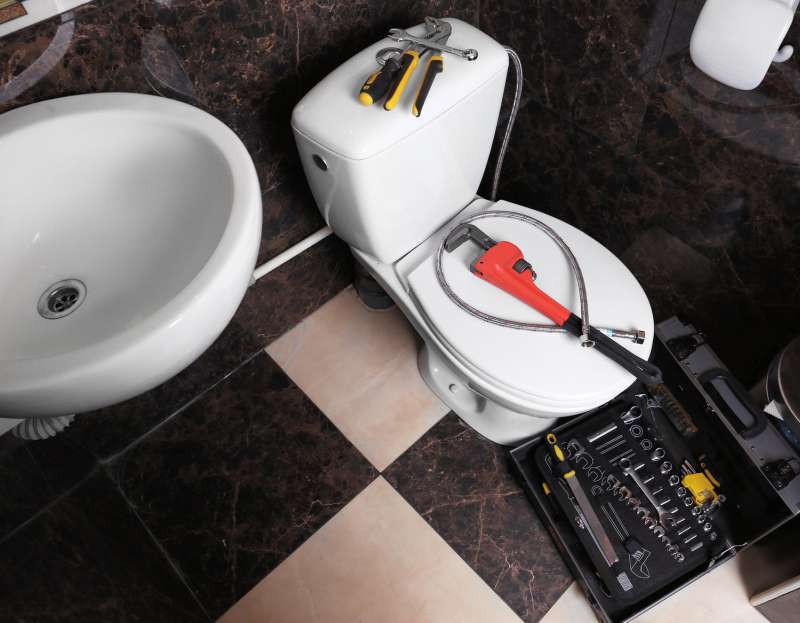
Installing, fixing, and preserving sewage-disposal tanks.
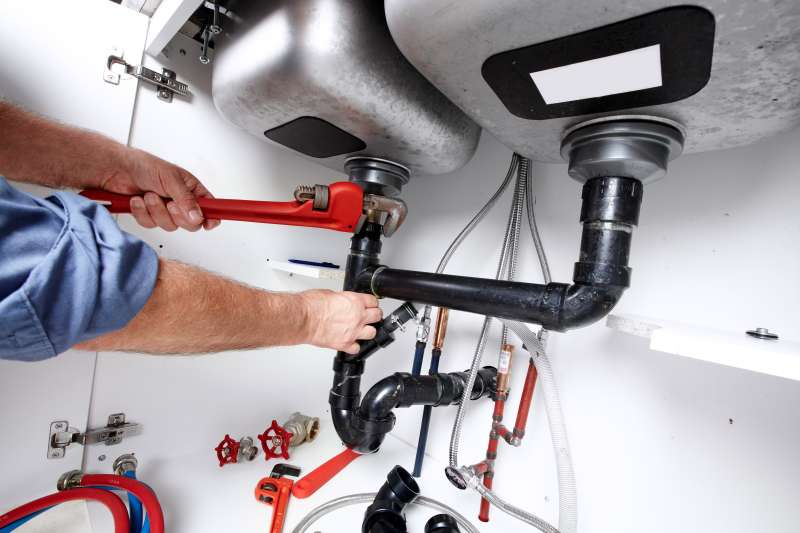
Handling groundwater in basements.
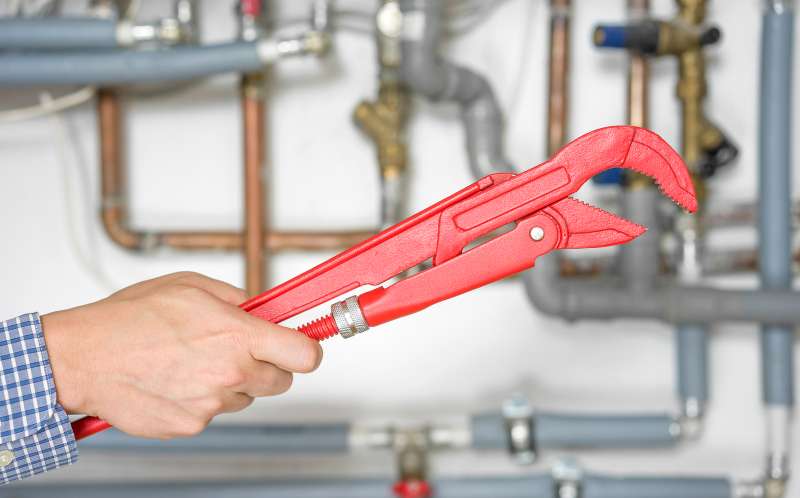
Setting up water-efficient or modern-day components.
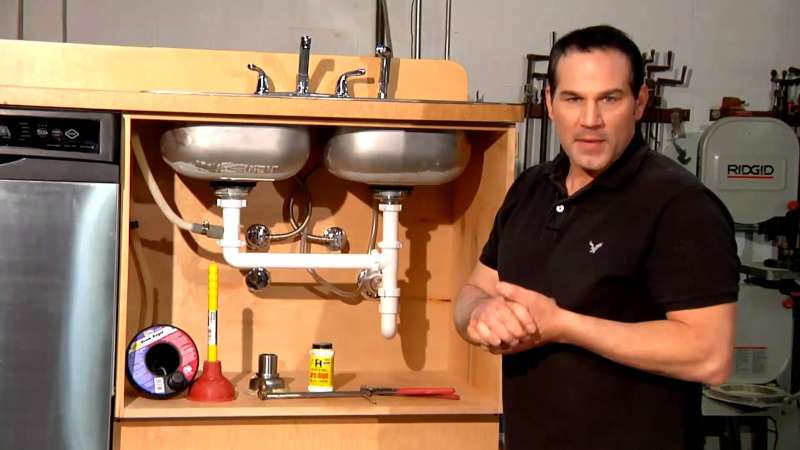
Encouraging on water-saving strategies and items.
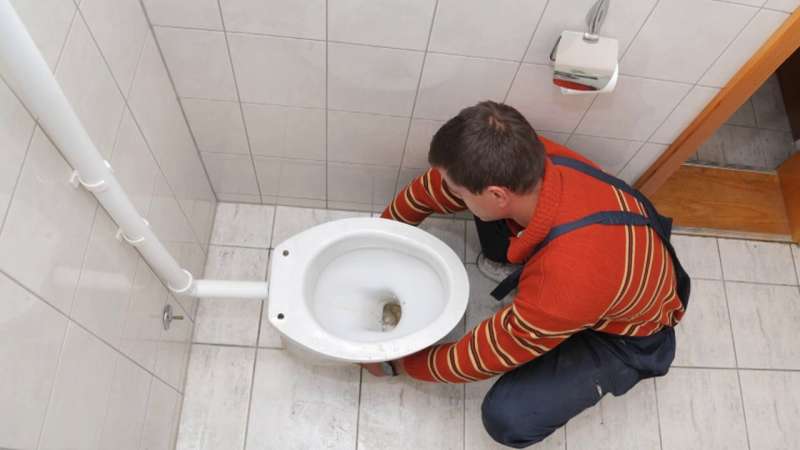
Installing water softeners and purification systems.
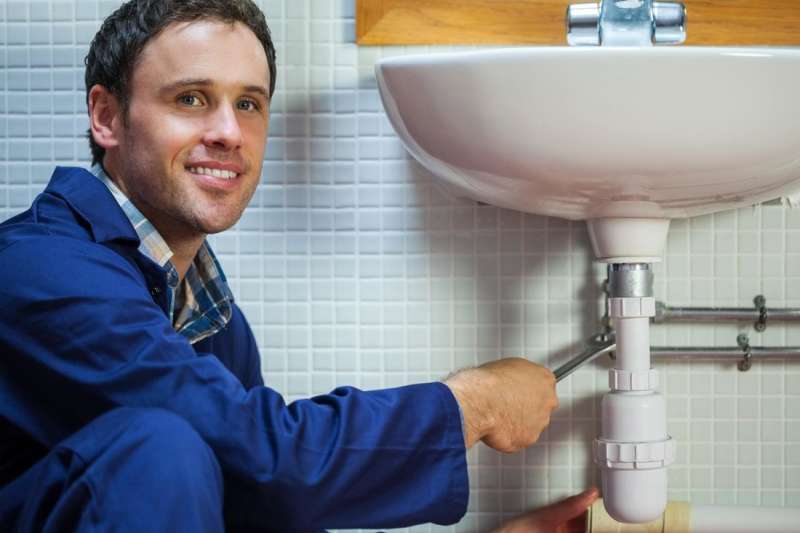
Flushing and examining water heaters to prolong life expectancy.
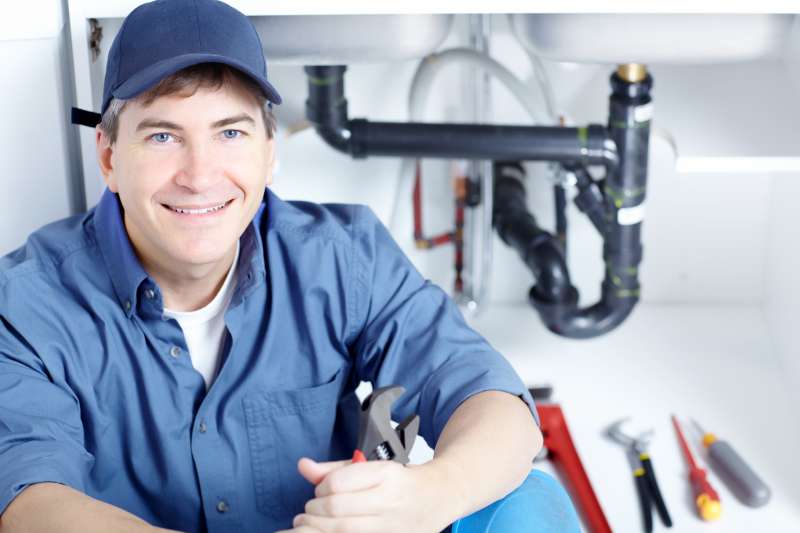
Addressing problems with temperature, leaks, or failure to heat water.
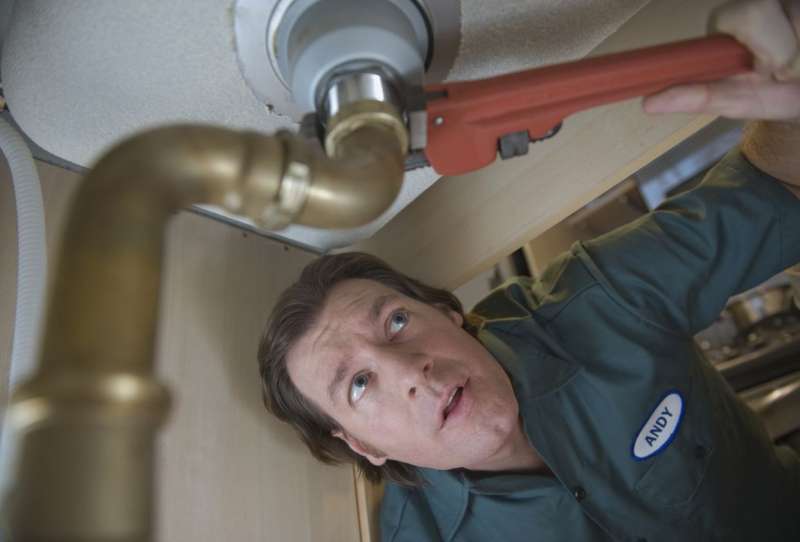
Securing basements or other locations from water intrusion.
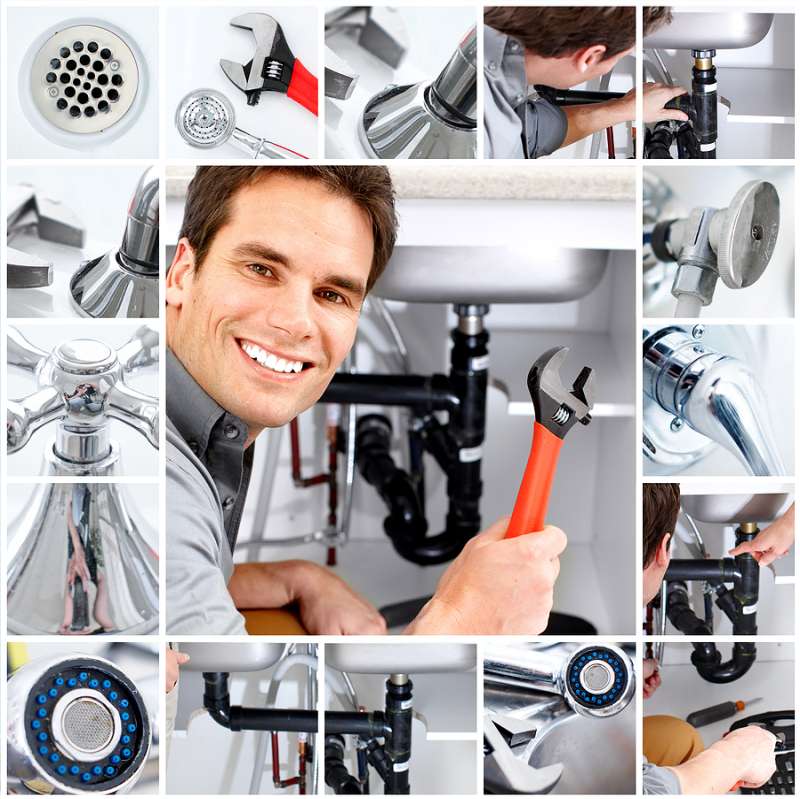
Immediate attention to prevent contamination and health dangers.